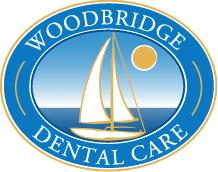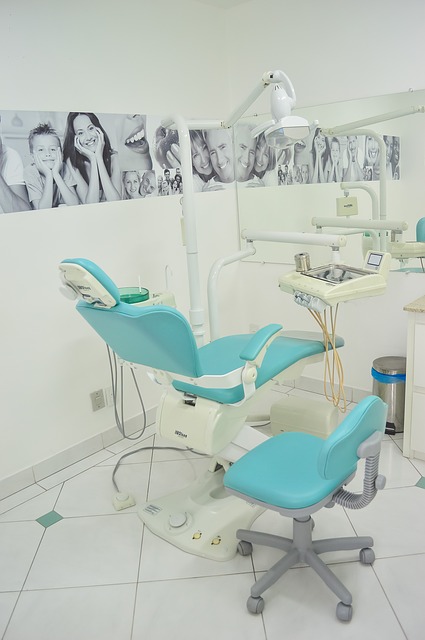During
a comprehensive dental examination, our team will look for signs of oral
cancer. Early
detection is key with oral cancer. If caught early, most forms of oral cancer
are treatable. Our dental team is trained and educated to identify oral cancer.
Everyone
is susceptible to the disease, but some groups of people are at a higher risk
level than others. Here are the top seven risk factors for oral cancer.
Age
Are
you in your mid 40s? Your risk of developing oral cancer increases with age. A
noticeable increase is evident in people in their 40s and older. According to
the Cancer Treatment Centers of America, the majority of diagnosed cases occur
around the age of 62, but the average age is declining. The recent increase in Human Papillomavirus (HPV) related
cases is causing more people to be diagnosed for oral cancers between the ages
of 52 and 56. As the average age for oral cancer cases decreases, it is vital
that you receive regular oral cancer screenings at any age.
Gender
Men
are twice as likely to develop oral cancer compared to women. Part of this
difference may be related to regular intake of alcohol and tobacco. According
to the American Cancer Society, the gender difference is decreasing since more
women are drinking and using tobacco today than in previous generations. There
has also been a trend in recent years of younger men being diagnosed with
HPV-related oral cancer.
Both men and women should schedule regular oral health examinations to detect
oral cancer early.
Tobacco
Smoking
or chewing tobacco can greatly increase your risk of developing oral cancer.
Tobacco can lead to cancer of the mouth or throat. Additionally, oral tobacco
products cause cancers associated with the cheeks, gums, and inner surface of
the lips. Development of these cancers depend on the duration and frequency of
tobacco use. Non-smokers are not immune to oral cancer, so be sure to schedule
an appointment with our team for an examination.
Alcohol
Among
those that are diagnosed with oral cancer, about 70% of people are characterized
as heavy drinkers. According to the Centers for Disease Control and Prevention
(CDC), heavy drinking is defined as having an average of two or more drinks per
day for men, and one or more drinks per day for women. People who drink heavily
can be more than twice as likely to develop oral cancers than people who do not
drink. Oral cancer can still occur in people who have never had an alcoholic
drink. Contact our team to schedule an examination.
Human
Papillomavirus (HPV)
This
sexually transmitted disease is associated with at least 10,000 cases of oral
cancer diagnosed each year in the United States. People who have HPV-related
oral cancers tend to be younger and are unlikely to smoke or drink. Typically,
those diagnosed with HPV-related oral cancers are at a much lower risk of death
or reoccurrence. We suggest a proactive approach by maintaining regular visits
to our dental office.
Sunlight
People
who work outside or with prolonged exposure to sunlight have a higher risk of
developing lip cancer. It is vital to use UV protection when under the sun. Many
lip balms offer UV protection. If you work outdoors frequently, schedule an
additional examination with our team.
Diet
Poor
nutrition can increase your risk for developing oral cancer. According to the
American Dental Association, reports have shown that a link exists between
diets low in fruits and vegetables and a higher risk for oral cancers. However,
oral cancer can develop in healthy individuals. No matter your diet, schedule a
visit with our team for a comprehensive oral examination.
Oral cancer does not discriminate. While these seven factors have been tied to an increased risk of oral cancer, that does not diminish the importance of regular oral examinations for everyone regardless of their age, gender, or other factors. Regular dental examinations make it possible for our team to detect oral cancer early. Contact our dentist to schedule a comprehensive oral examination.














